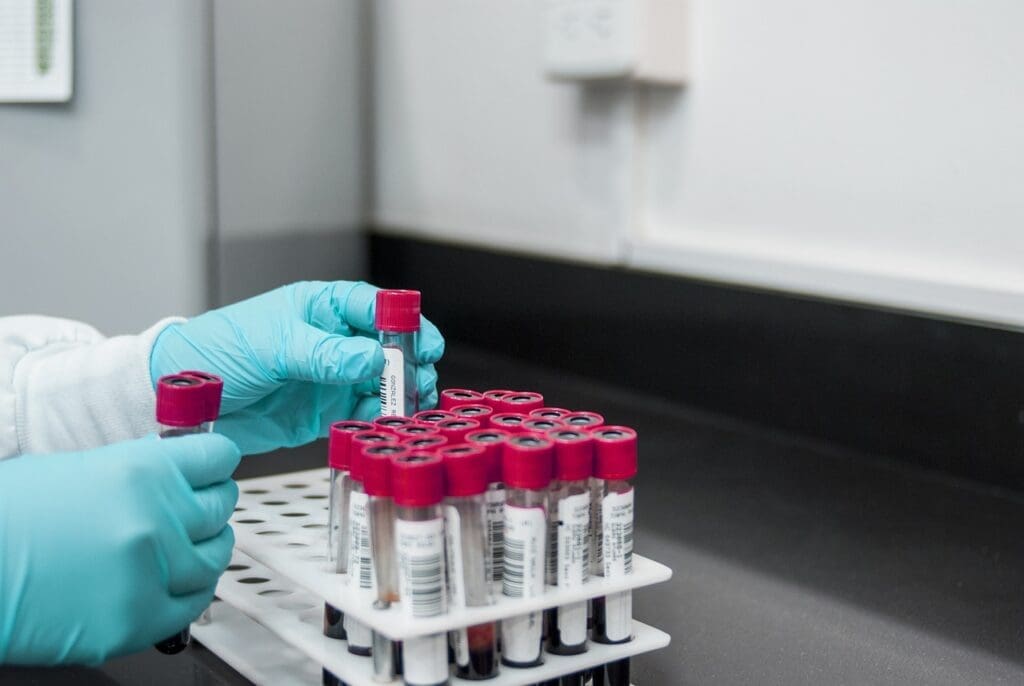Editorial: Political crisis in France threatens European laboratory medicine
The political instability in France, triggered by the vote of no confidence against Prime Minister Fran├¦ois Bayrou on 8 September 2025, is increasingly affecting the healthcare sector and laboratory medicine in particular. The crisis, resulting from disputes over the national budget and measures to reduce debt, is leading to uncertainties in the financing and regulation of the health sector, which also have Europe-wide implications.
Since the 2024 parliamentary elections, France has entered a phase of repeated changes of government. Bayrou, the second prime minister within a year, failed because of an austerity package that was supposed to curb the national debt mountain of over three trillion euros. Parliament rejected the proposed cuts, which led to the government crisis. The resulting political paralysis is delaying the adoption of the Social Security Financing Act for 2025, which is central to financing healthcare.

Laboratory medicine, which is indispensable for precise diagnostics and clinical analyses, faces considerable challenges. Without the Financing Act, there are no clear requirements for the budgeting of laboratory services. Proposed fiscal consolidation measures include tariff reductions for laboratory tests to compensate for deficits. Such cuts could bring smaller laboratories, especially in rural areas, to the brink of closure and lead to job losses. The quality of medical care would be jeopardized, as the demand for laboratory tests has risen sharply in recent years.
In addition, the crisis is exacerbating the uncertainties for the pharmaceutical and medical technology industries. A so-called safeguard mechanism, which obliges companies to make additional contributions if spending limits are exceeded, could be tightened. For laboratory equipment manufacturers, this would mean higher costs, which could inhibit innovation and investment.
At the European level, the crisis is affecting cooperation in the field of health. France is a major contributor to the EU, and a reduction in funding could jeopardise health research and crisis management programmes. In particular, the harmonization of standards in laboratory medicine, such as for diagnostic procedures or supply chains, could come to a standstill. France’s opposition to EU plans to integrate health and civil protection units further exacerbates these tensions.
The crisis illustrates the dependence of European laboratory medicine on stable national framework conditions. Experts warn that ongoing uncertainties could jeopardize the competitiveness of the sector. In the long term, there is a risk of delays in the development of new diagnostic technologies and a weakening of Europe’s position in the global healthcare market. A quick solution to the political crisis in France is therefore crucial not only for the national health system, but for the entire EU.
Vlad Georgescu commented
Editor: X-Press Journalistenb├╝ro GbR
Gender Notice. The personal designations used in this text always refer equally to female, male and diverse persons. Double/triple naming and gendered designations are used for better readability. ected.




